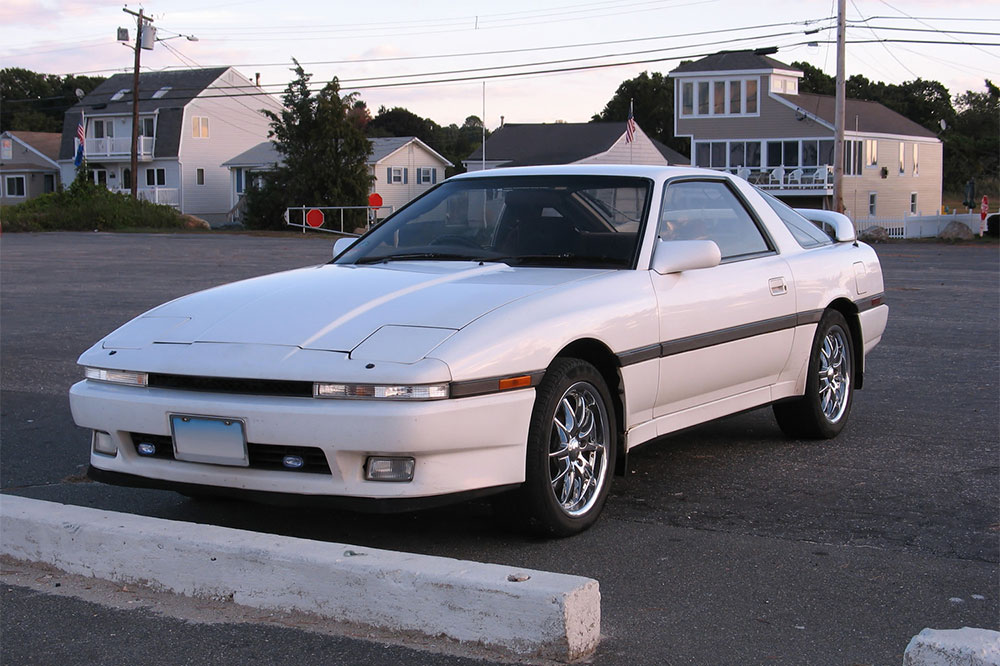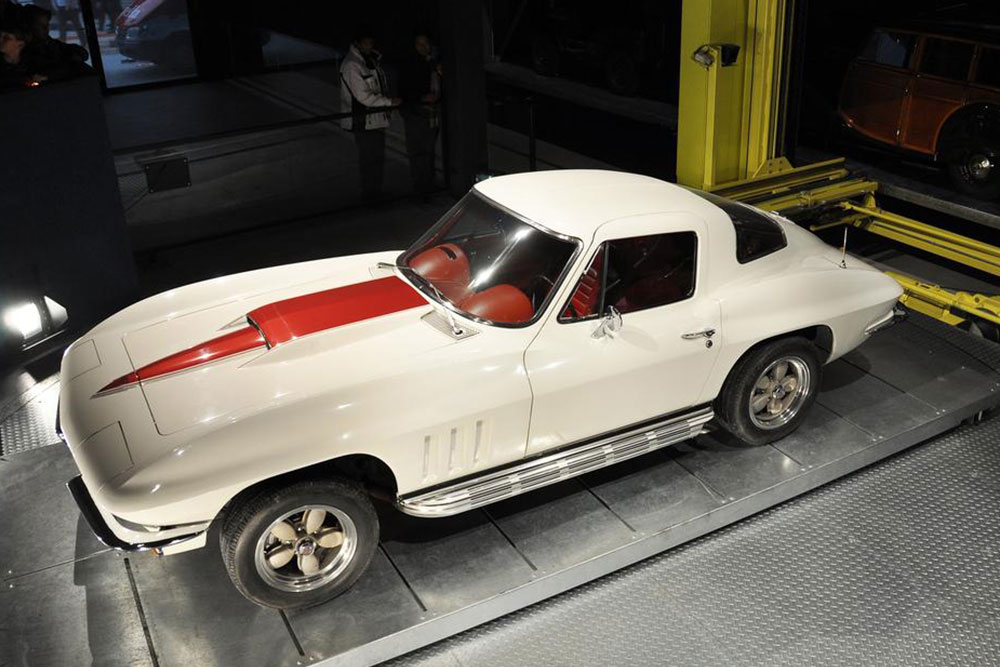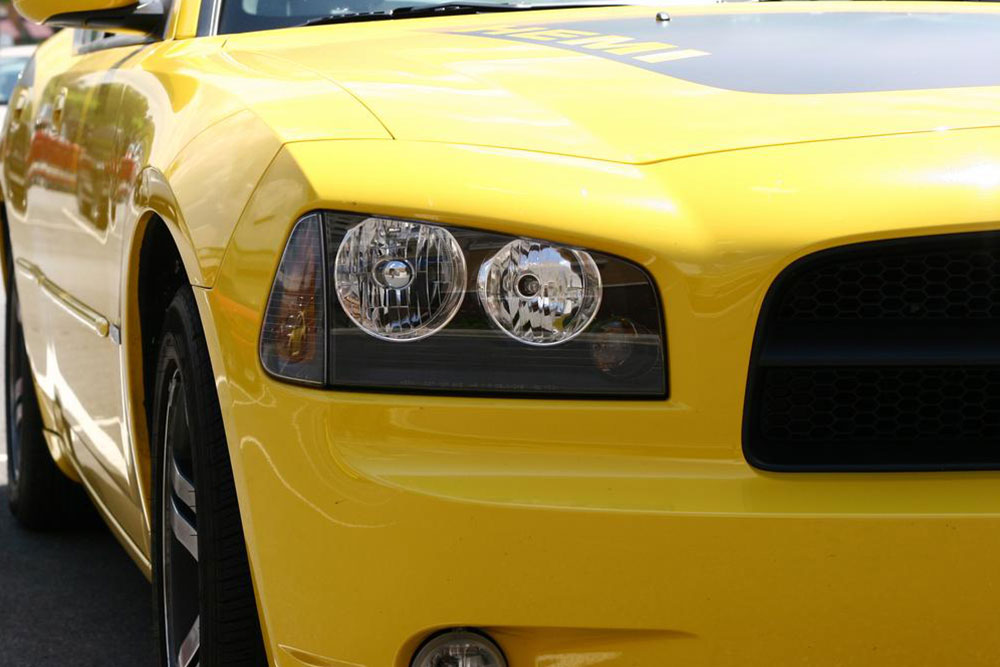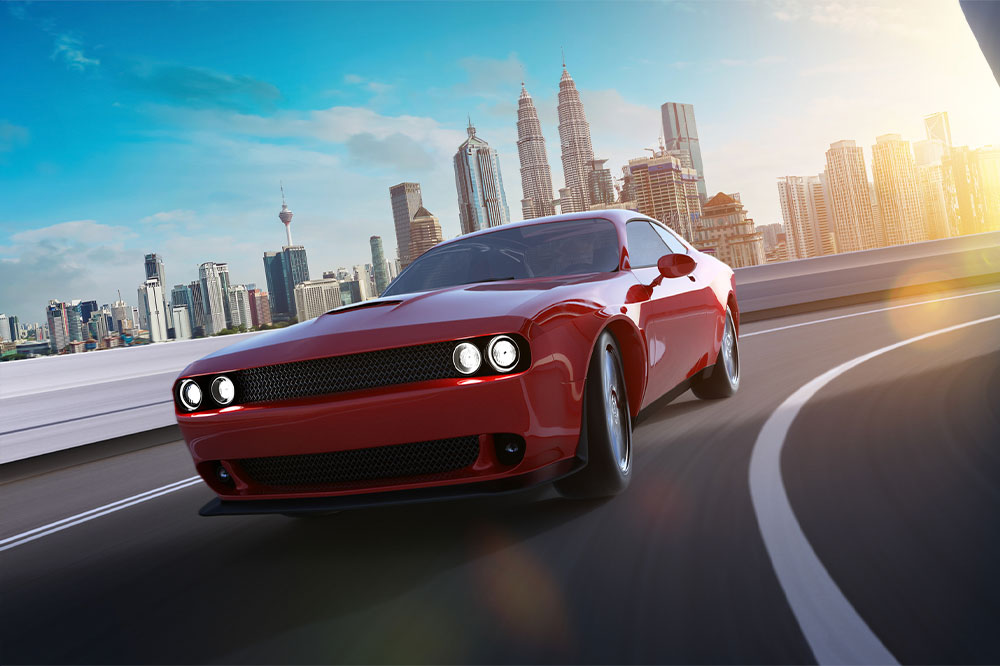Essential Tips for Purchasing a Classic Corvette on the Market
Explore key tips for buying a classic Corvette, including inspecting with an expert, researching model history, and understanding engine options. This guide ensures you make an informed decision when investing in an iconic American sports car.
Sponsored
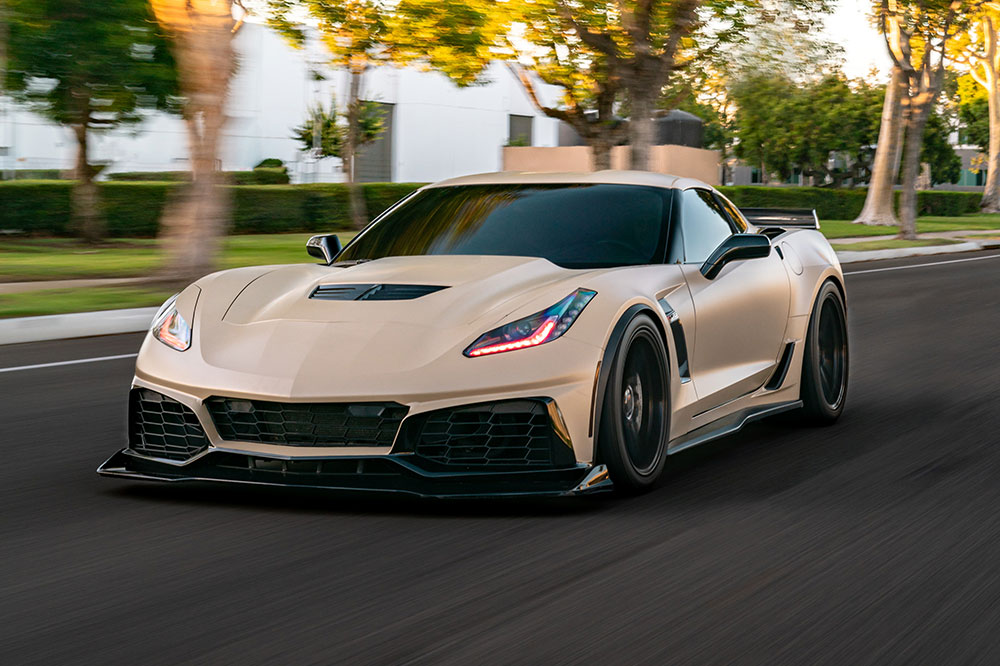
Renowned as America's iconic sports vehicle, the Corvette was first introduced by General Motors in 1953. While the initial C1 model faced challenges in sales, it laid the foundation for a legendary series that established Corvettes as the premier American sports cars.
With powerful engines, smooth transmissions, and impressive performance, many enthusiasts find it tempting to buy vintage models, even brand-new ones. However, prospective buyers should consider several important factors before purchasing a used Corvette on the market.
Hire an experienced mechanic
Conducting a detailed inspection is crucial when buying an older vehicle. An expert familiar with Corvettes can spot potential issues, such as engine modifications, excessive wear, or safety concerns. Prepare a list of questions to guide the mechanic, ensuring you assess everything from engine health to braking performance.
Research the specific model's history
Like other cars, certain Corvette editions are more reliable and desirable than others. For instance, models like the 1967-1969 Corvette L88, 1990-1995 Corvette ZR-1, and 2009-2013 Corvette ZR1 gained acclaim, whereas models such as the 1987 Callaway Turbo, 1979 L48, and 1958 C1 faced challenges. The redesign issues in 1984 also mean thorough research on each model's background is essential.
Beware of mid-70s power limitations
The reputation of Corvettes for high horsepower took a hit during the mid-1970s. The 1975 base model produced just 165 horsepower, down from previous years, primarily due to energy crises and emission regulations. Although sales remained steady, performance was not optimal.
Check engine types carefully
Between 1965 and 1974, Chevrolet offered both small-block and big-block engines. While big blocks provided impressive torque, they also caused excessive heat, which could challenge air conditioning performance. Prior to purchase, verify the engine type to avoid potential comfort and maintenance issues.


